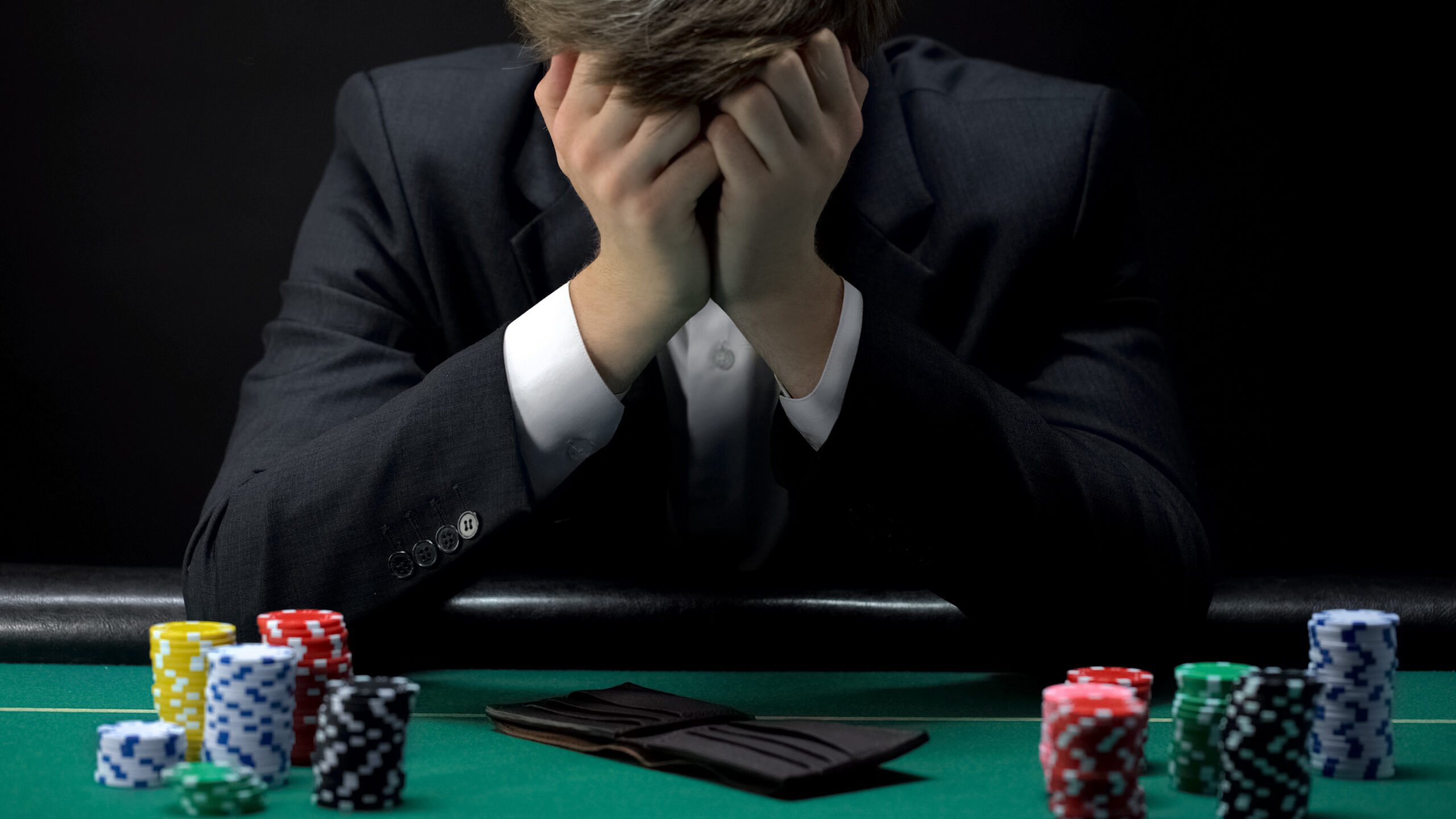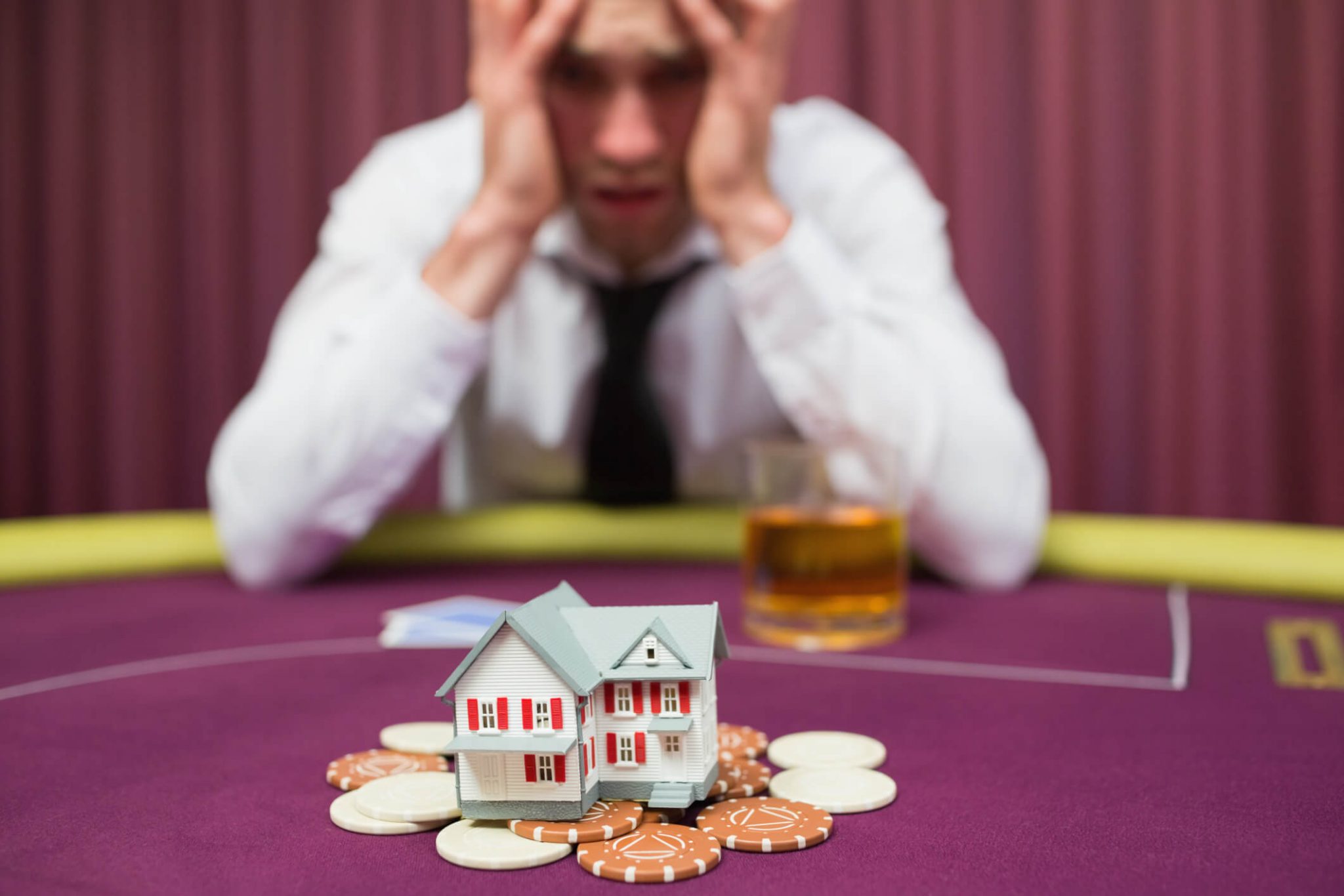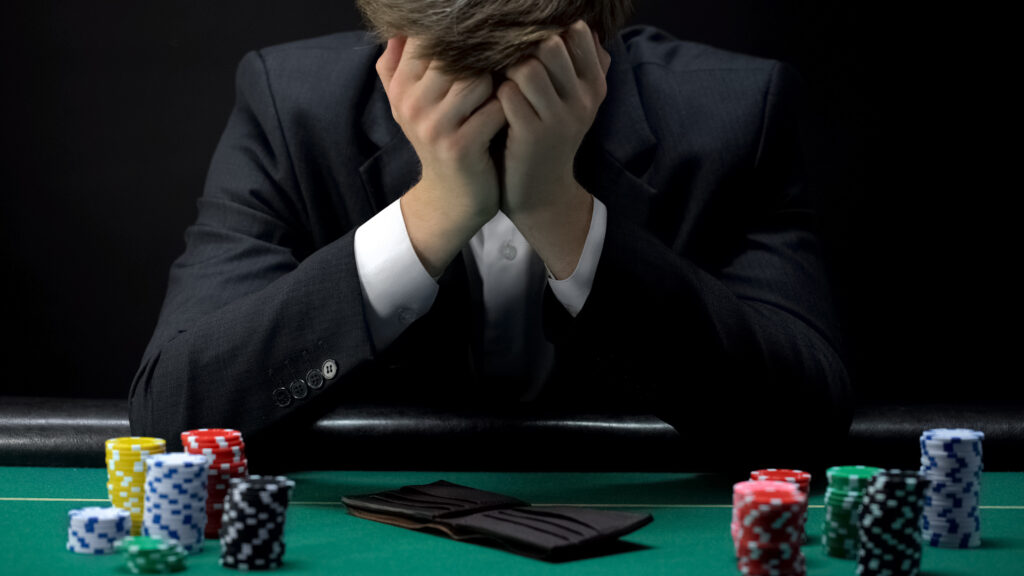Video games have become a staple of modern entertainment, enjoyed by millions across the globe. As gaming continues to grow, questions about its effects on mental health have gained significant attention. Some see gaming as a harmful addiction leading to social isolation and anxiety, while others point to its benefits for relaxation, cognitive skills, and social connection.
Understanding the mental health impact of gaming requires a balanced perspective that acknowledges both its positive and negative sides. For those seeking different digital entertainment, options like an MrBet casino online experience can offer casual fun alongside traditional games.

Positive Effects of Gambling on Mental Health
Many studies highlight that playing video games can have beneficial effects on mental well-being. For starters, interactive entertainment offers a way to relax and unwind. Immersive storylines, engaging challenges, and rewarding achievements provide an escape from everyday stress.
This mental break can improve mood and reduce feelings of anxiety or depression in some players. Moreover, digital games often promote cognitive skills such as problem-solving, memory, and strategic thinking. Puzzle titles, strategy adventures, and fast-paced shooters challenge the brain in ways that can enhance mental agility and concentration.
Playing also fosters social interaction. Multiplayer experiences and online communities connect people worldwide, helping players develop friendships and teamwork skills. For individuals who struggle with social anxiety or limited mobility, virtual play can offer a safe space to socialize and belong. And for those seeking added excitement, claiming a bonus casino offer can make online gaming even more rewarding.
The Risks and Challenges
Despite these benefits, video play is not without potential downsides. Excessive screen time can interfere with daily responsibilities, sleep patterns, and physical health. Some individuals develop unhealthy playing habits that lead to neglecting social relationships or work.
Mental health concerns linked to compulsive game use have gained recognition. The World Health Organization has classified “gaming disorder” as a condition characterized by impaired control over playing, prioritizing it over other interests, and continuing despite negative consequences.
This disorder affects a small percentage of players but underscores the need for awareness. Certain titles or virtual environments may also contribute to stress or aggression, especially if participants experience toxic behavior, cyberbullying, or frustration from competitive pressure.
Finding the Right Balance
The key to maximizing benefits while minimizing harm lies in balance and mindful play habits. Like any form of entertainment, moderation is essential.
Setting limits on screen time and ensuring video play doesn’t replace important activities like sleep, exercise, and face-to-face interaction are critical steps. Parents and caregivers play an important role by monitoring game content and duration, encouraging breaks, and promoting open communication about play experiences.

Signs of Problematic Gaming
Recognizing when gaming becomes a problem can be challenging, but it is important for timely intervention. Here are some common warning signs to watch for:
- Preoccupation with gaming or thinking about it constantly.
- Neglecting school, work, or social relationships.
- Using gaming to escape negative emotions repeatedly.
- Feeling restless or irritable when unable to play.
- Continuing to game despite negative effects on daily life.
If these signs are present, seeking help from wellness professionals or support groups can provide guidance and support.
Strategies to Support Mental Health
Maintaining good mental health while enjoying video games involves conscious strategies and lifestyle choices. Here are some effective approaches:
- Set time limits: Use alarms or apps to track and limit gaming sessions.
- Choose games wisely: Opt for titles with positive social interaction and avoid overly violent or stressful games if they cause discomfort.
- Take regular breaks: Stand up, stretch, and rest your eyes every hour to reduce fatigue.
- Balance activities: Engage in physical exercise, hobbies, and social activities alongside gaming.
- Stay connected: Communicate openly with friends and family about gaming experiences.
- Mindfulness and self-awareness: Pay attention to how gaming affects your mood and behavior, adjusting habits as needed.
Stories from the Community
Many gamers share personal accounts of how video games helped them cope with anxiety or depression by providing structure, social contact, and positive goals.
Others describe the struggle of overcoming excessive gaming and regaining control over their lives. These diverse experiences highlight that gaming’s mental health impact varies widely between individuals.
The Role of Developers and Platforms
Game developers and platforms are increasingly aware of emotional well-being concerns. Some companies introduce features like playtime reminders, parental controls, and content warnings. Others design titles to encourage cooperation over competition or include themes that support psychological wellness.
Further innovation could involve integrating support resources into games or creating experiences specifically designed to boost emotional resilience. Interactive play is a complex activity with both potential benefits and risks for a person’s psychological state.
The most important message is that playing itself is not inherently good or bad — it’s how it fits into an individual’s life that matters. A balanced approach, guided by awareness and self-care, can allow players to enjoy the positives while avoiding pitfalls.
By fostering open conversations, supporting healthy habits, and recognizing warning signs, players, families, and communities can cultivate a play culture that promotes emotional well-being for everyone.

